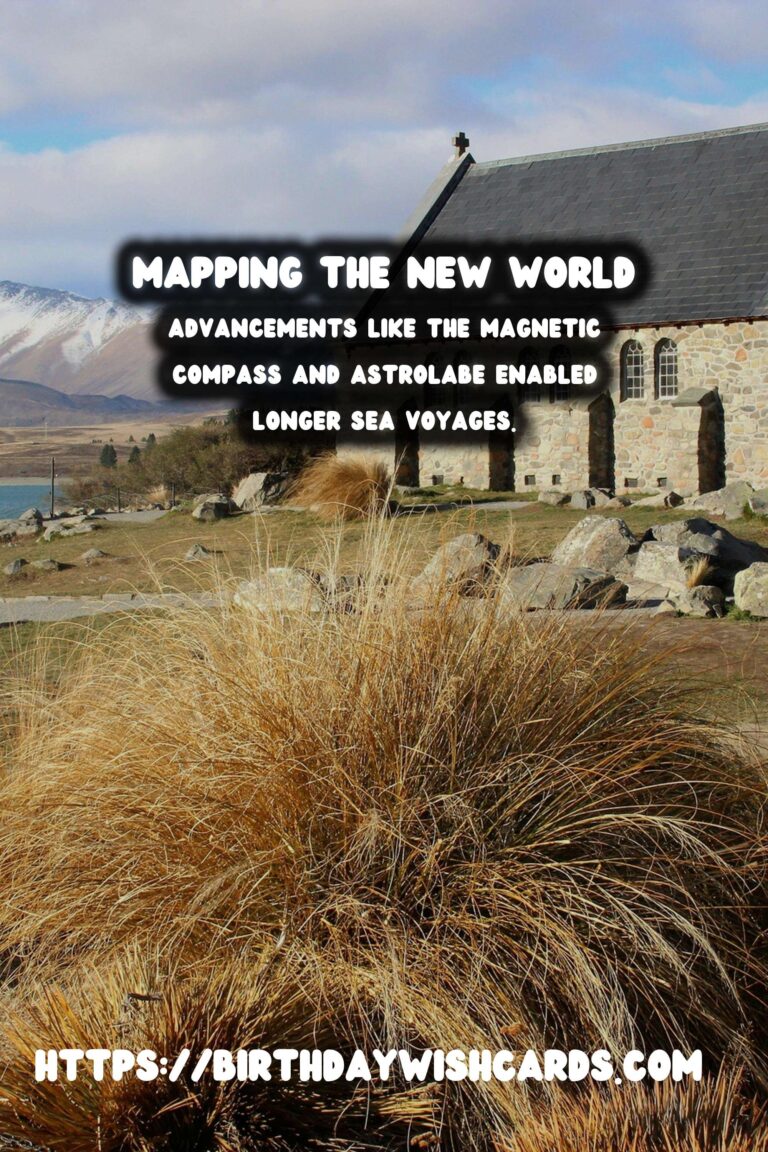
The Age of Discoveries, also known as the Age of Exploration, was a pivotal period in history, stretching from the 15th to the 17th century. This era was characterized by European maritime explorations across the world, which significantly transformed global navigation and geographical understanding. The resulting impact on world mapmaking was profound and continues to influence cartography today.
The Birth of Exploration
At the dawn of this era, European nations were driven by the pursuit of new trade routes, the spread of religion, and the quest for wealth and glory. Advances in navigation technology, such as the magnetic compass, the astrolabe, and the caravel, facilitated longer sea voyages, allowing explorers to chart previously unknown territories.
Notable Explorers and Expeditions
This period heralded the journeys of iconic figures such as Christopher Columbus, Vasco da Gama, Ferdinand Magellan, and John Cabot. Each exploration opened up new regions and contributed to the collective knowledge of the world’s geography. Columbus’ voyages to the Americas in 1492 marked a turning point that led to the redrawing of maps, while Magellan’s circumnavigation of the globe offered unprecedented insights into the world’s oceans and continents.
The Transformation of Maps
Maps transitioned from mythical depictions to more accurate representations of geographical knowledge. The Ptolemaic worldview, which dominated cartography with its reliance on a limited understanding of the globe, was gradually replaced. With the influx of new information, cartographers incorporated these discoveries, merging science and art to create more accurate and detailed maps.
Innovations in Cartography
During this era, significant advancements were made in the art and science of mapmaking. The introduction of latitude and longitude for precise navigation and the Mercator projection in 1569 revolutionized the way maps were drawn and used. Gerardus Mercator’s cylindrical map projection allowed for accurate straight-line navigation, which greatly benefited maritime voyages.
Impact on Trade and Commerce
The discovery of new lands and sea routes had a direct impact on global trade and commerce, facilitating the exchange of goods, cultures, and ideas. The spice trade, in particular, experienced a surge, with explorers discovering direct routes to the spice islands of Asia. These exchanges were often reflected in detailed merchant maps, which became indispensable tools for traders.
Legacy and Influence
The legacy of the Age of Discoveries is evident in the modern world map. Many geographical names and boundaries established during this period persist today. Furthermore, the age laid the groundwork for future scientific explorations and set standards in cartography that influenced generations of mapmakers.
Conclusion
The Age of Discoveries had a lasting impact on world mapmaking, transforming our understanding of the globe and paving the way for the interconnected world we know today. As we reflect on this era, we acknowledge the explorers and cartographers whose work not only broadened horizons but also revolutionized the way humanity perceives its place on Earth.
The Age of Discoveries was a pivotal period in history that transformed global navigation. Advancements like the magnetic compass and astrolabe enabled longer sea voyages. 
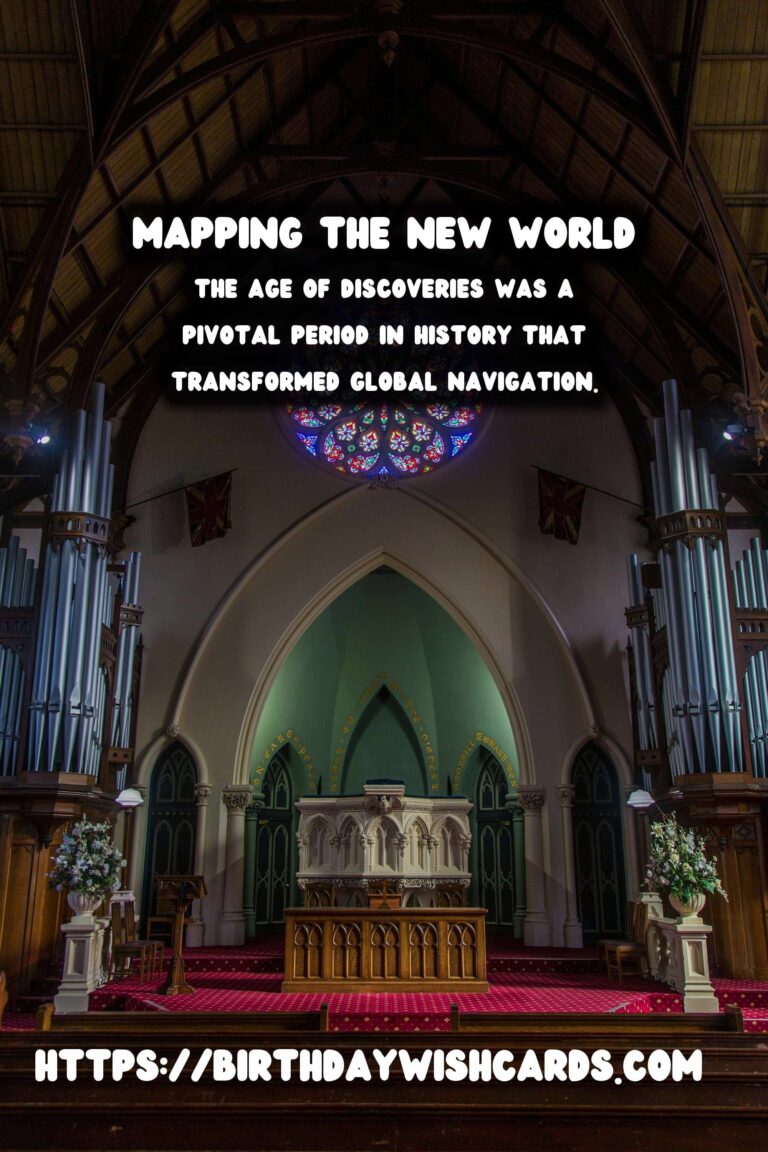
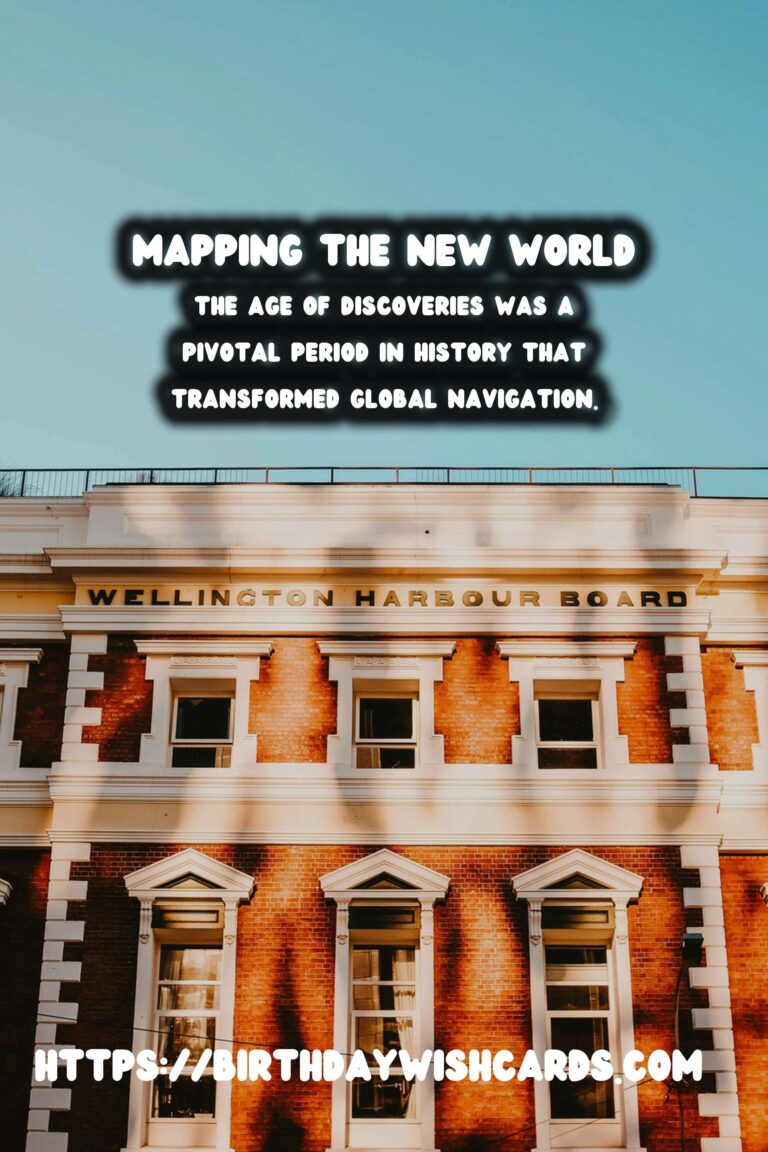
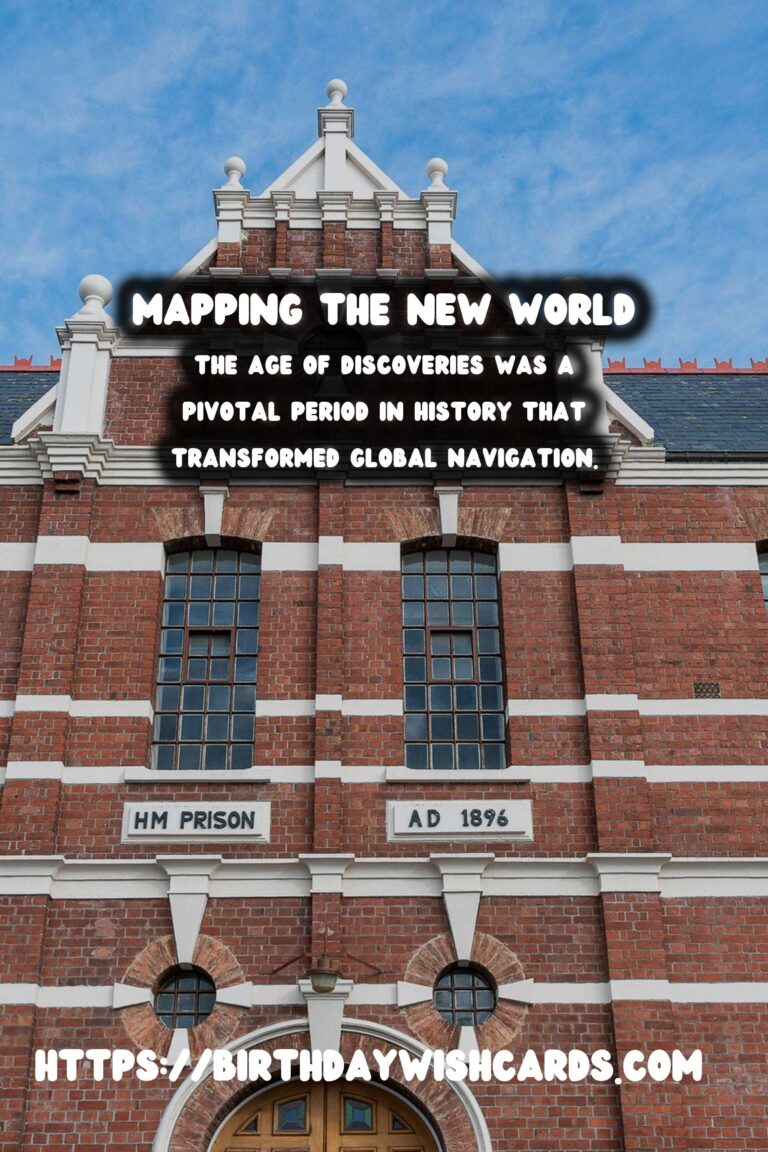
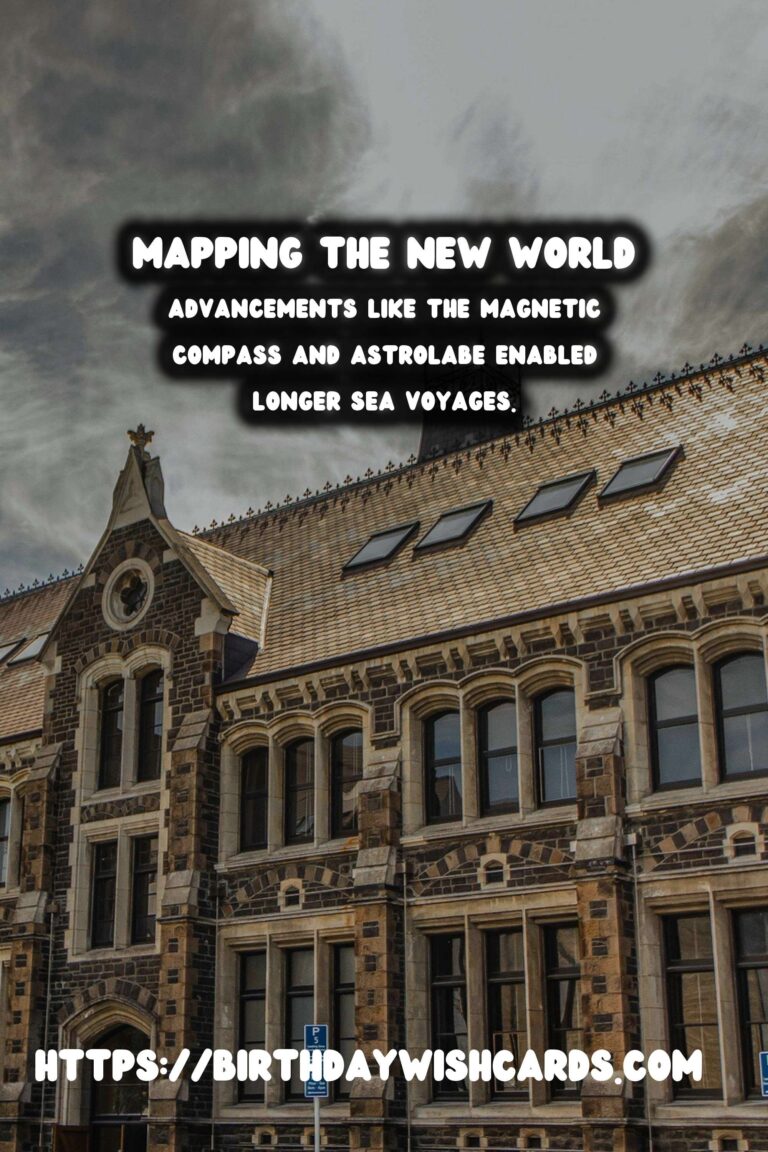
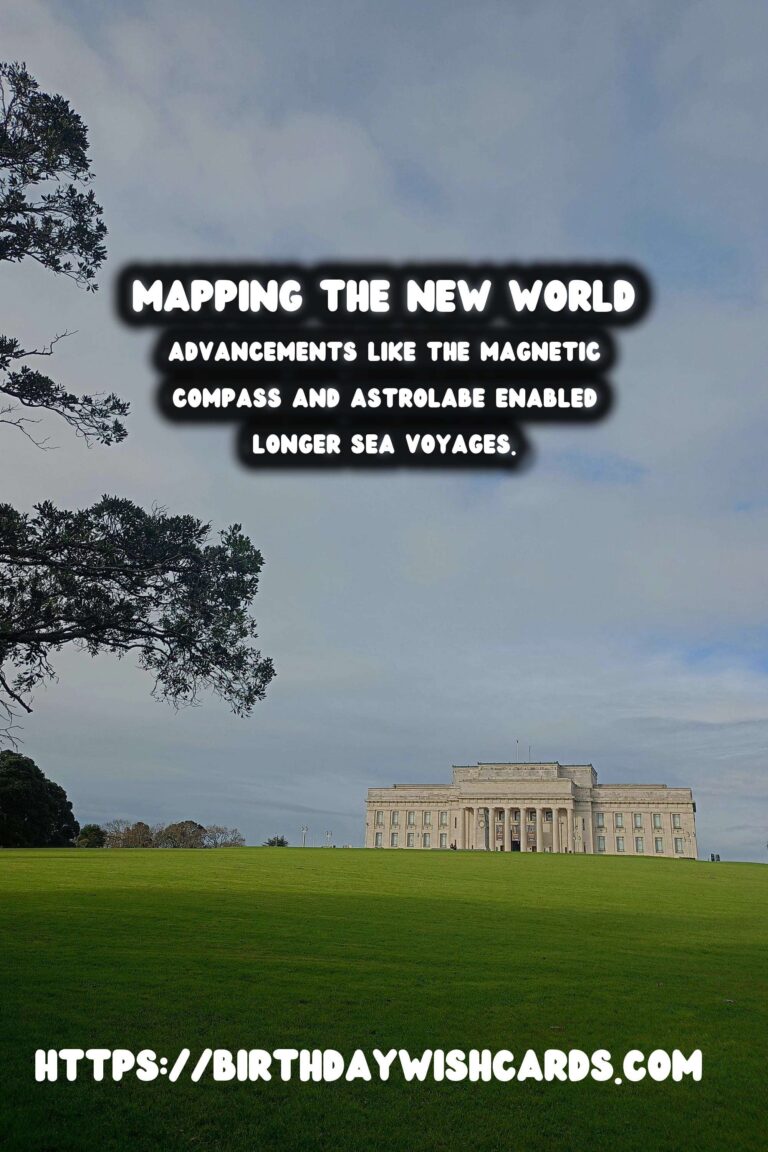
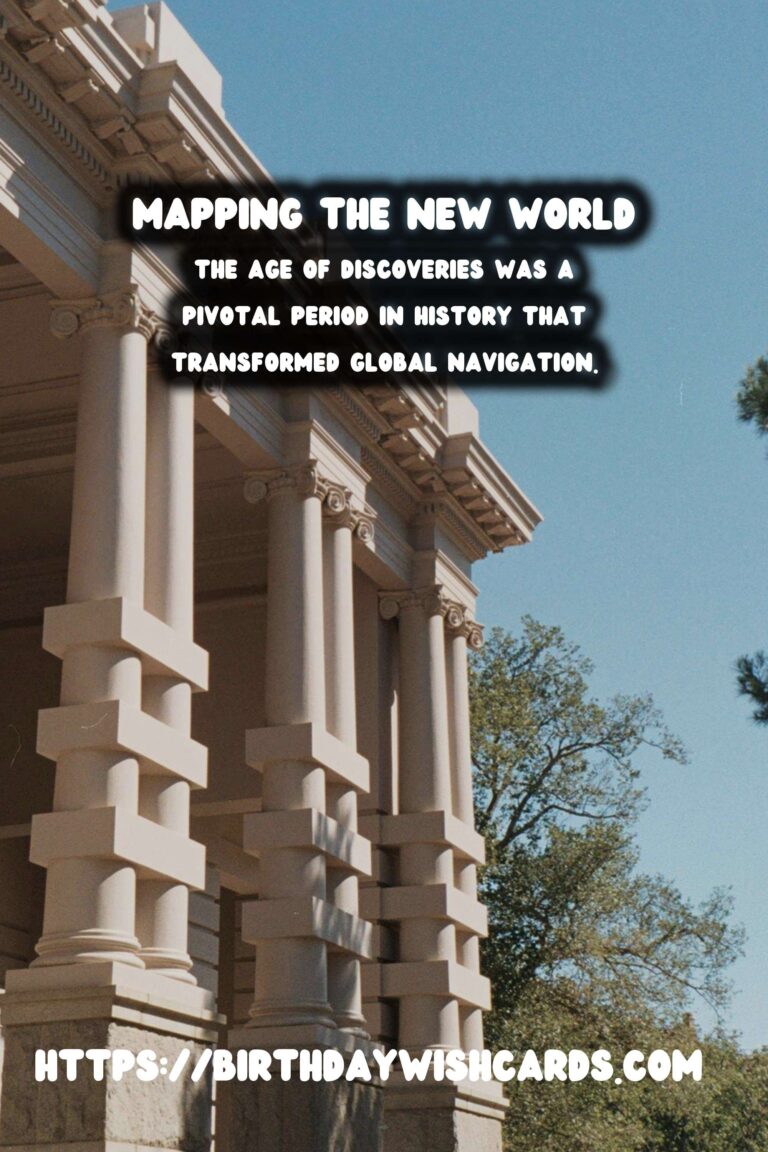
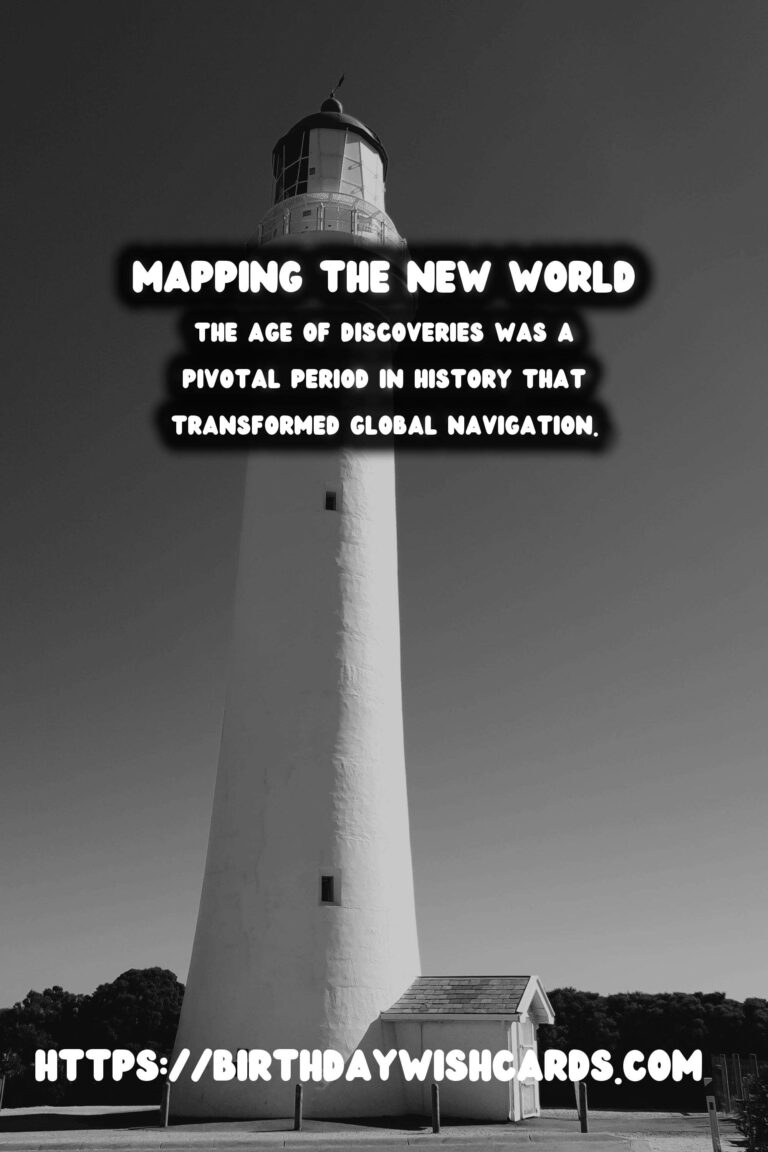
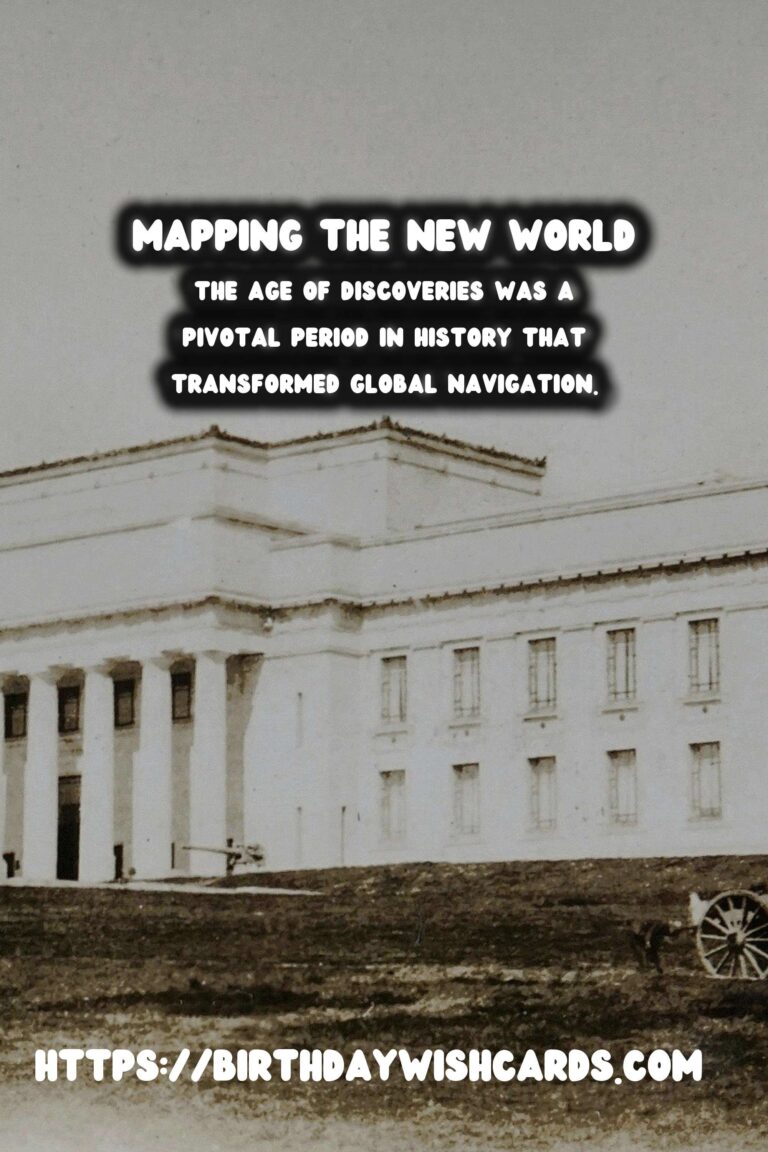
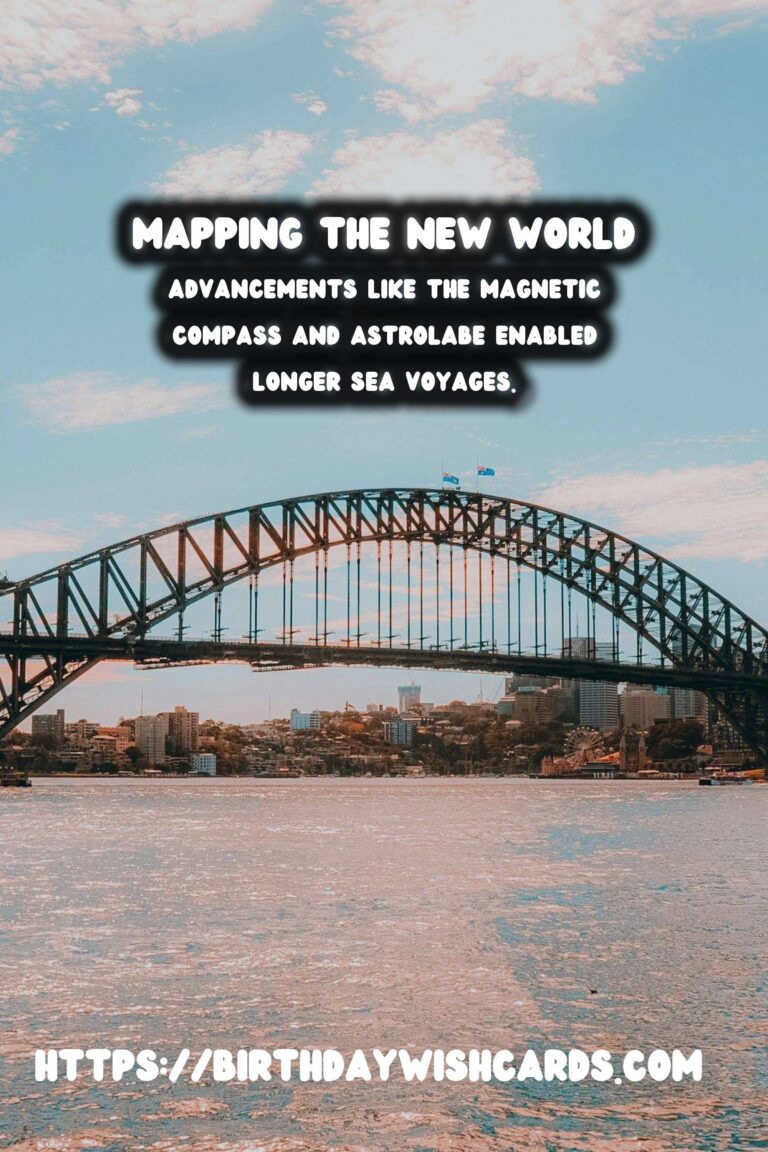
#AgeOfDiscoveries #MapmakingHistory




